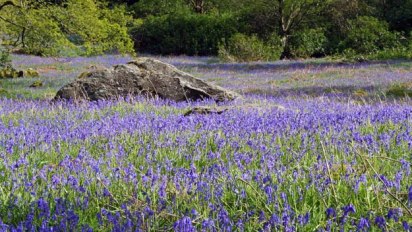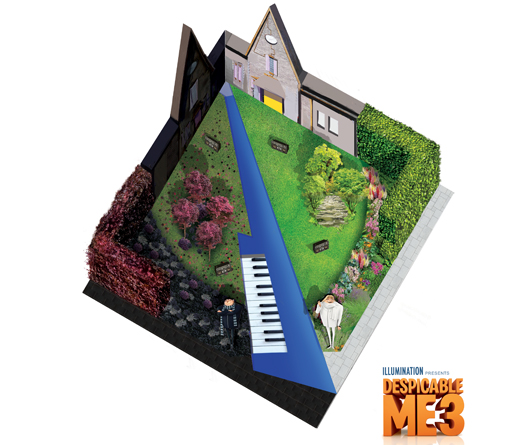
It might be tempting to pick a handful of wild bluebells in the woods, but are you sure that you’re allowed to? There’s much confusion over the law on our native bluebells, so here’s the low-down on what you can and can’t do.
Can you pick wild native bluebells?
As long as you are not taking up the bulb as well, it’s not usually an offence to pick native bluebell flowers if they are:
- growing in the wild;
- for your own use and not intended for sale;
- not on protected land, such as nature reserves;
- not on protected council-owned land, including parks, roundabouts or verges.
All wild plants are the property of someone, so it’s always best to get the landowner’s permission beforehand. This is true of all wild flowers, except for a special group of very vulnerable plants that cannot be picked without a licence.
Can you dig up wild native bluebells?
Uprooting bluebells is quite distinct from simply picking the flowers. Under the Wildlife and Countryside Act (1981), it is illegal to uproot any wild plant in Britain without permission from the landowner or occupier. If you pick a bluebell flower, and the bulb and roots come up with it, you might have committed an offence!
For native bluebells, the law is extra tough on digging up bulbs. This is because there have been cases where entire woodlands and hillsides have been stripped of their bulbs in order to sell them. In 2007, two men were fined £7,000 for selling 200,000 native bluebell bulbs collected from a site on the Llyn Peninsular in North Wales. Since the maximum penalty is £5,000 per bulb, the fine could have been as much as a billion pounds.
Can you collect seed?
You can collect small amounts of seed from plants in the wild to grow in your own garden, but you cannot collect any amount for commercial use without a special licence.
Source: Channel 4 – Wild Things – Picking Wild Bluebells: Do’s and Don’ts





